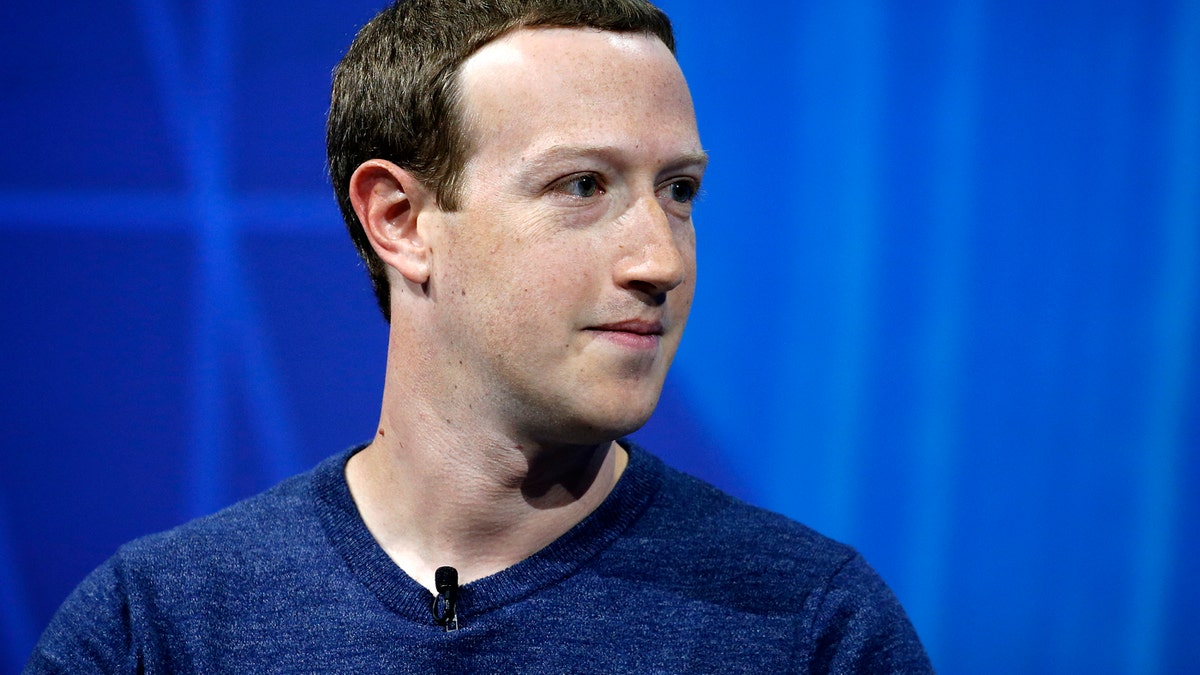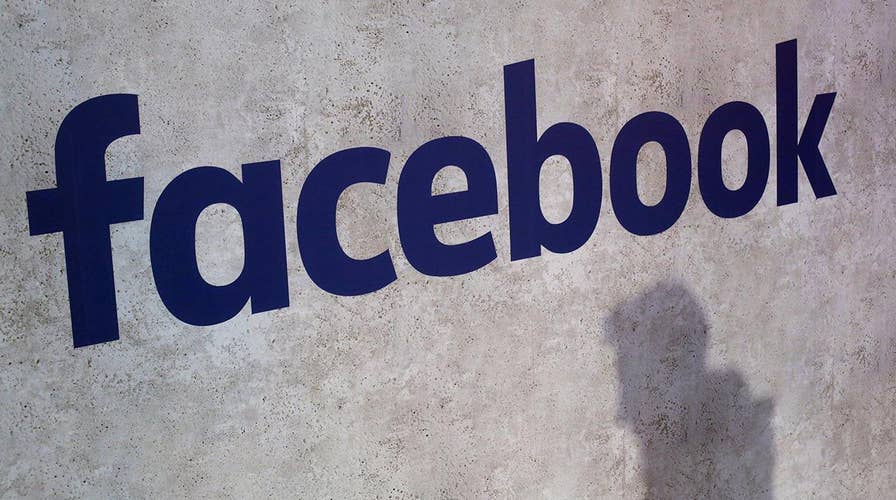FTC reportedly planning 'record-setting' fine on Facebook for mishandling user data
Brett Larson reports on what the future holds for the social media giant.
Facebook categorically rejected a new study that claims more than half of its 2.2 billion users are fake.
The 75-page report, published last week by Facebook critic Aaron Greenspan, a former Harvard classmate of CEO Mark Zuckerberg, goes against the tech giant's own estimates — available on its investor relations website — that only about 3 to 4 percent of Facebook's monthly active users are fake.
"The fact of the matter is that Facebook does not know and will not ever have an accurate way to measure its fake account problem," the report claims. "Taking all of these factors into account, we estimate that 50 percent or more of Facebook’s current MAUs are actually fake."
The tech giant makes a vast majority of its revenue from advertising. Therefore, a report claiming that brands are throwing money away on fake users is likely to ruffle feathers in Menlo Park, Calif.
MARK ZUCKERBERG COULD HAVE A CULT-LIKE FOLLOWING, SURVEY HINTS
Facebook pushed back against the report. "This is unequivocally wrong and responsible reporting means reporting facts, even if it's about fake accounts," a spokesperson told Fox News.
The author of the report has a long history of critiquing Facebook. In 2004, he said that certain aspects of Facebook mimicked a site he had built himself while he was at Harvard, the New York Times reported. He eventually came to a formal settlement with Zuckerberg's lawyers.
According to the financial services site Seeking Alpha, Facebook's shares fell after Greenspan's report was issued on Jan. 24.
GOOGLE, AMAZON SEEK FOOTHOLD IN ELECTRICITY AS HOME AUTOMATION GROWS

Facebook's founder and CEO Mark Zuckerberg during the Viva Technologie show at Parc des Expositions Porte de Versailles on May 24, 2018 in Paris, France. (Getty Images)
Greenspan openly acknowledges his own history with the social network but insists his findings are accurate.
"The author of this report is in the strange position of trying to write objectively about a topic to which he has personal ties," he writes. "Readers are accordingly welcome to dismiss this analysis as biased, but should be aware that nonetheless, it may still be correct."
In a Wall Street Journal op-ed on Thursday, Zuckerberg defended his company's efforts to rid the platform of bad content and pushed back on a host of criticisms regarding its advertising-centric business model.
"Clickbait and other junk may drive engagement in the near term, but it would be foolish for us to show this intentionally, because it’s not what people want," Zuckerberg wrote in the Journal.
CLICK HERE FOR THE FOX NEWS APP
"The only reason bad content remains is because the people and artificial-intelligence systems we use to review it are not perfect—not because we have an incentive to ignore it. Our systems are still evolving and improving," he added.









































